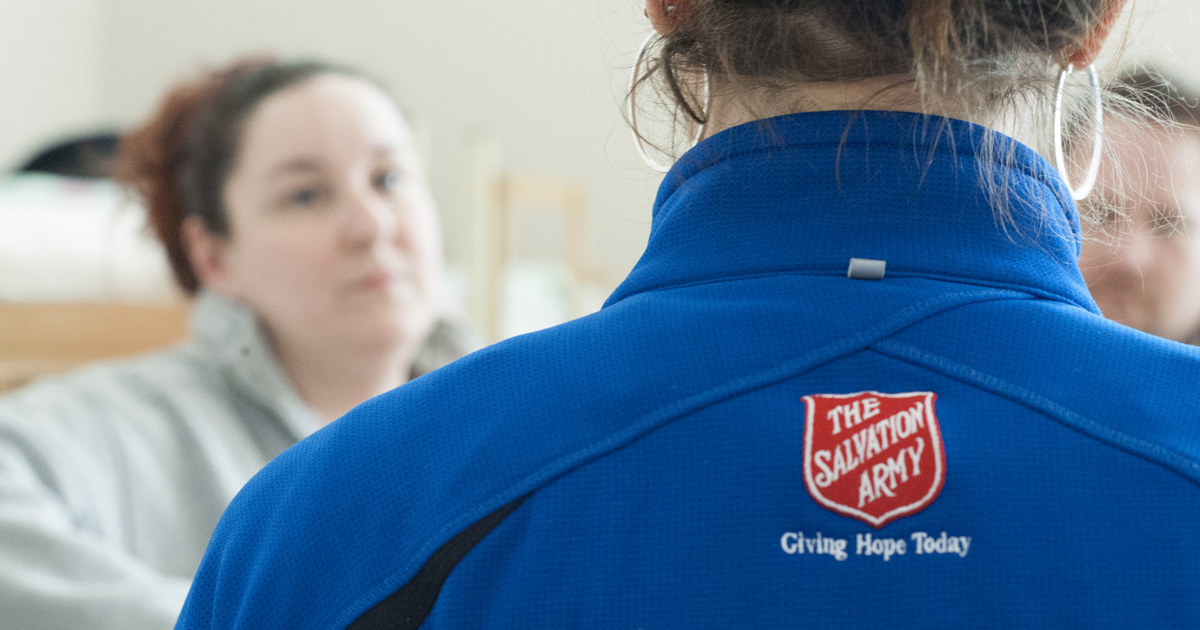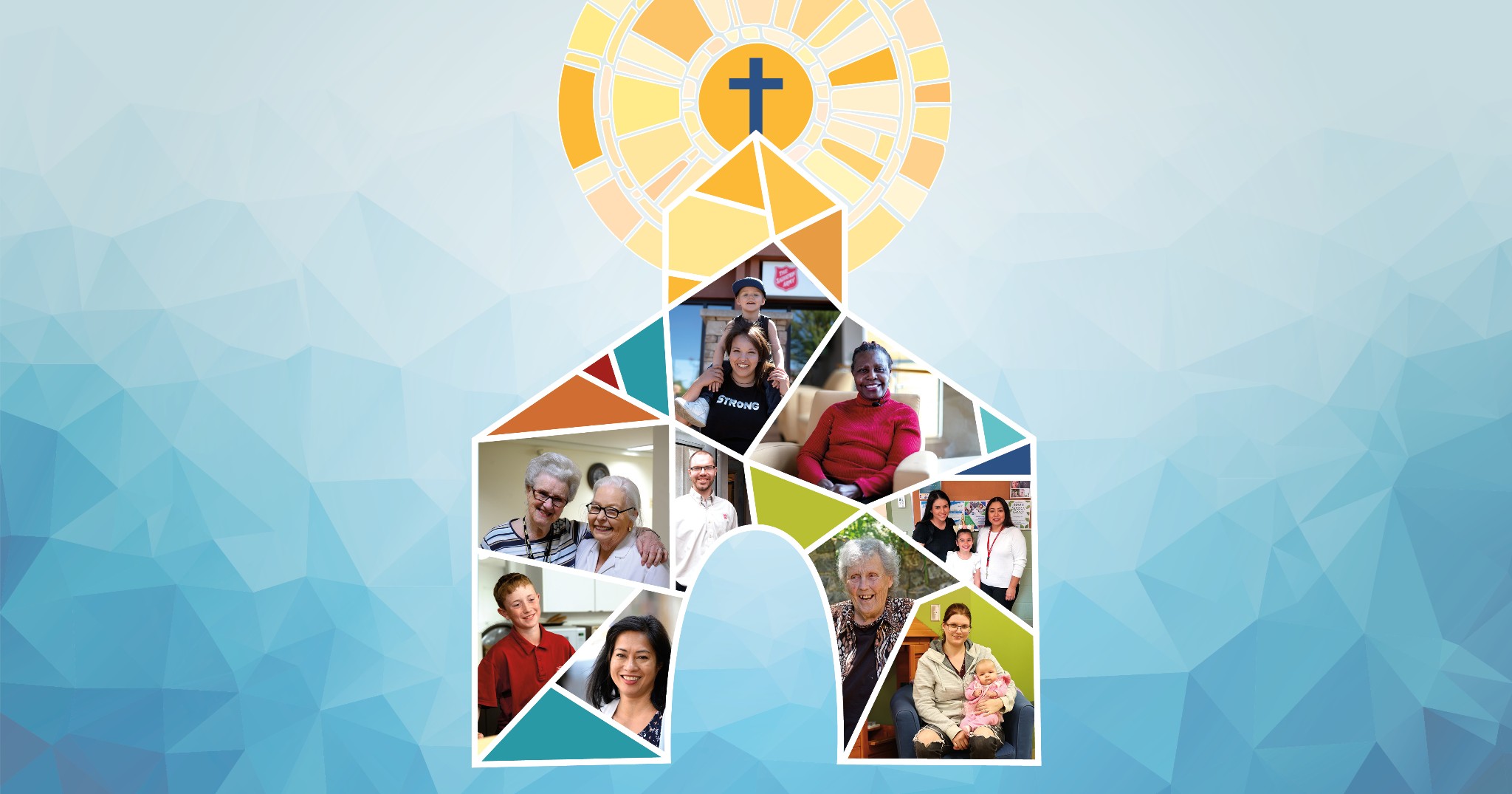Talking freely about your mental health is not easy. It takes time to build up the trust and confidence to feel comfortable sharing how you feel. This is exactly how Lusi felt before joining The Salvation Army’s Pathway of Hope in Toronto.
“If it wasn’t for the mental-health support that I received from The Salvation Army, I still don’t think I would be talking to anybody,” she says. “I always thought that there was no point in telling anyone my problems because I didn’t think anything good could come out of that.”
The Key to Success
Lusi joined the Pathway of Hope because she wanted support with different aspects of her life, one of those being her mental health. A difficult relationship with her son had been affecting her mentally, and she did not know what to do about it.
Fortunately, after building a close relationship with a Salvation Army worker, Lusi finally felt comfortable sharing her thoughts.
“Now my attitude is different." LUSI
“My caseworker was a huge support to me,” she says. “I am not an open person, and I don’t feel comfortable speaking with just anyone, but she made me feel like I could trust her and tell her anything.”
Throughout the months she spent in the Pathway of Hope, Lusi received assistance with looking for accessible mental-health support, as well as other educational resources. She was also able to get her CPR certification thanks to the program’s guidance. Lusi credits the Salvation Army staff’s way of building trust and relationships with their clients as the key to the success of the participants.
A Different Attitude
As for her mental health, Lusi believes that she still has some work to do. However, her new outlook on her emotional well-being leaves the door open for her to receive any help she may require.
Before graduating from the Pathway of Hope, Lusi was referred by The Salvation Army to a free mental-health organization. She is now looking forward to attending her first appointment with them. She hopes the guidance she’ll receive can help her improve things with her son.
“Now my attitude is different,” she says. “I realize that it is good to speak up, and that way you can meet people that can relate to you and help you.”
Working in more than 400 communities across Canada, The Salvation Army is often the first point of contact for someone experiencing poor mental health. Many programs offered by the Army have integrated mental-health workers or supports to meet the needs of participants. In addition, the Army works closely with its vast network of community partners to connect clients with services to meet their mental-health needs.










Leave a Comment